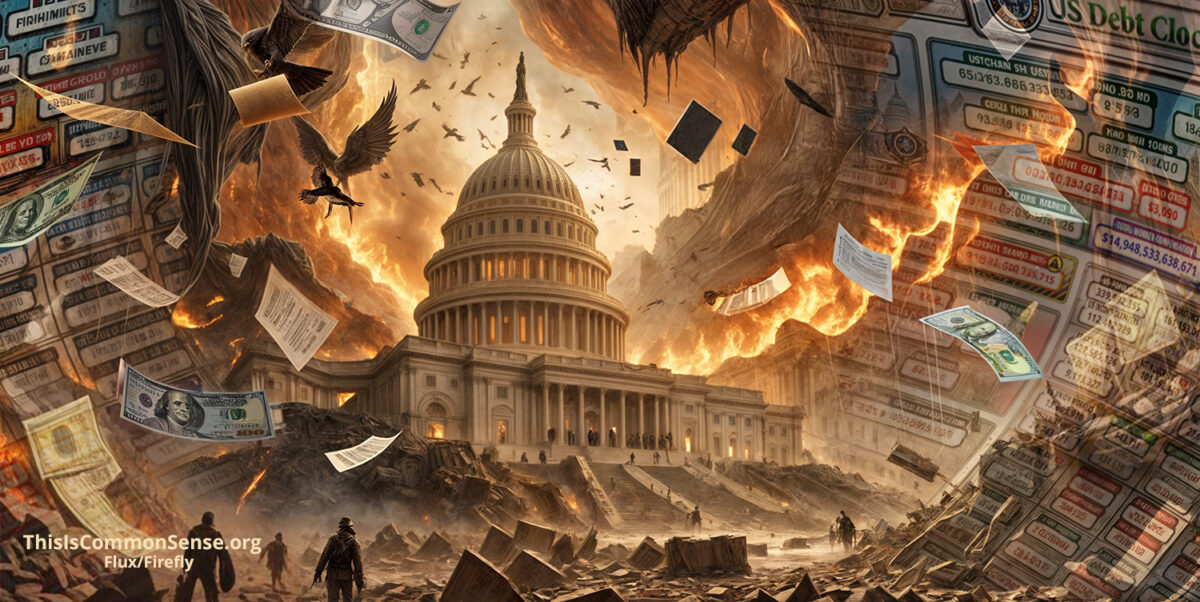The spectacular fallout between Donald Trump and Elon Musk over the Big Beautiful Bill in particular (but deficit spending and debt accumulation in general) promises political watchers a big, ugly brawl.*
Now, billionaire Musk appears to be serious about his proposed “third party,” the “America Party.” A name perfectly designed to ruffle Trumpian feathers. It might steal some of the thunder of “America First” and “Make America Great Again.”
The president mocks the notion, saying that third parties “have never succeeded in the United States.”
Well, that is not exactly true. For a long time, it was second parties that had problems.
The first party, the Federalists, basically lost for a generation, finally withering away against the onslaught of that most American party of all, the Democratic-Republican.
When the victorious party reformed under the leadership of Andrew Jackson and Martin Van Buren to become the Democratic Party, the Whig Party emerged to counter-act Jackson’s imperial presidency. The Whigs had some success — if with a string of presidents almost no one remembers — only to lose ground to Democrats and then a whiggish replacement, the Republican Party.
Yes, Trump’s own party was a “third” party once.
And it achieved power largely because the Democrats split into two for the 1860 election, leaving a sectional plurality candidate (Abraham Lincoln) to win the Electoral College as a Republican.
In modern times, Republicans and Democrats have ably squelched challenger parties.
So Trump’s right — in spirit.
Now enter Andrew Yang, enthusiastic for the upstart. But how can his Universal Basic Income agenda fit with Elon’s fight against over-spending?
This is Common Sense. I’m Paul Jacob.
* Though, some wonder if the Trump-Musk feud isn’t all an act.
Ilustration created with Krea and Firefly
See all recent commentary
(simplified and organized)
See recent popular posts









